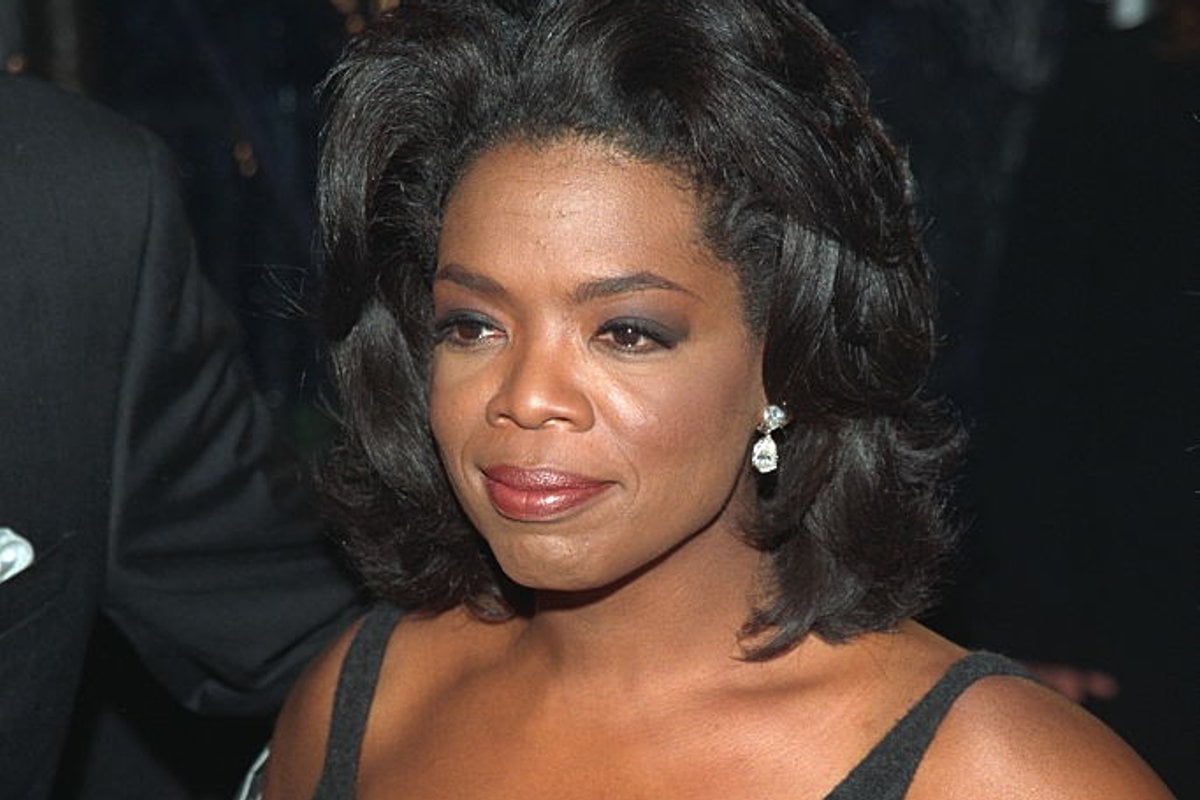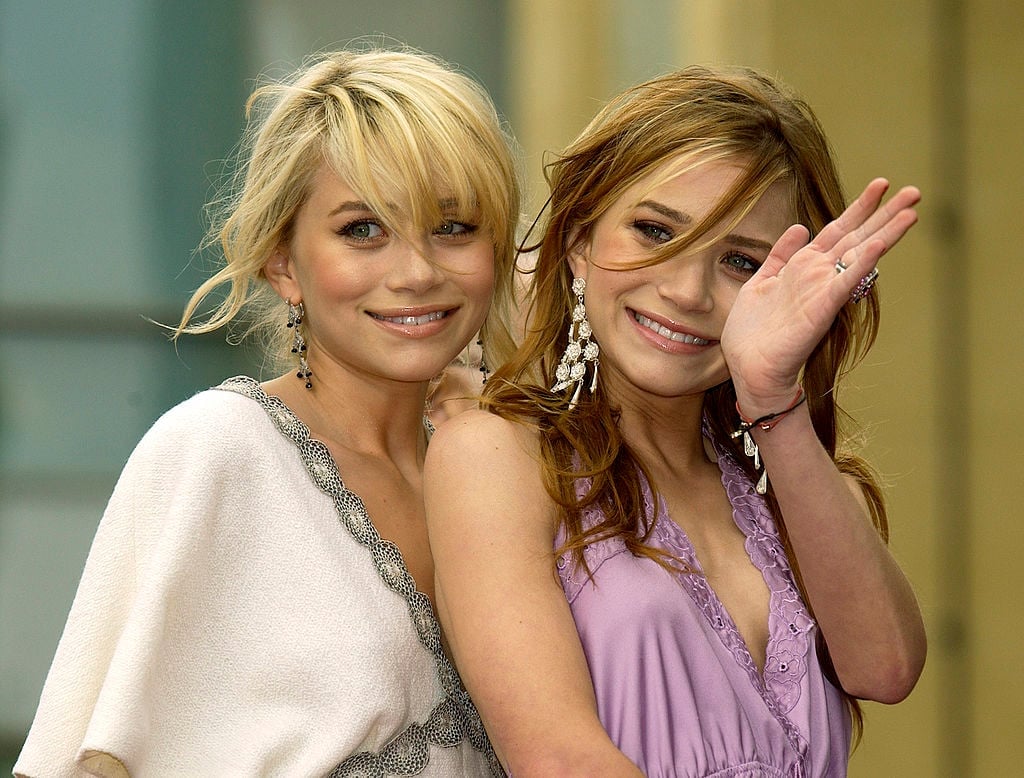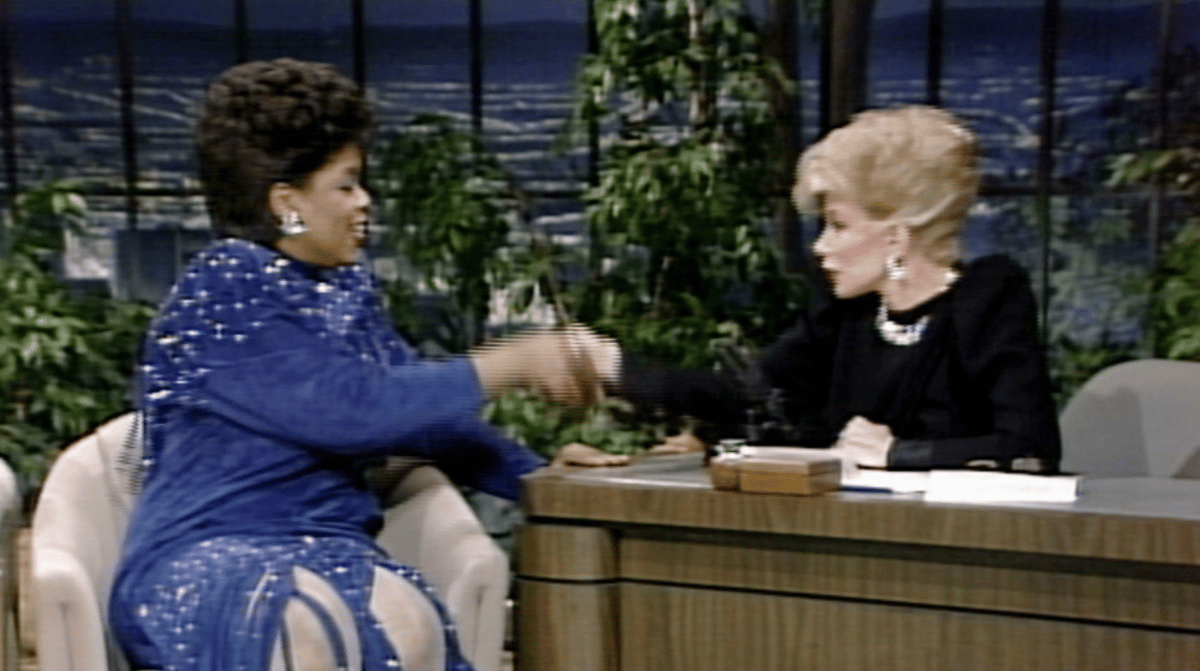
"What size are you, by the way?"
It's a pointed question asked by Oprah Winfrey on her self-titled talk show that's dated particularly badly over the last two decades.
Oprah was speaking to then-17-year-old actors Mary-Kate and Ashley Olsen in 2004, during an interview watched by millions in America alone. At the time, Mary-Kate was being relentlessly photographed and covered in the press because it was suspected she had an eating disorder. Watching the clip back now, the tension is palpable.
"I know there's been a rumour that has recently surfaced that's really upset you..." Oprah says to Mary-Kate.
"You know," she continues, "the one about the eating."
Mary-Kate's twin sister Ashley replies, "Yeah, you know, people are going to write what they're going to write. We try not to read the good or the bad because it just kind of comes with the territory. Either you're too fat or you're too skinny."
Oprah then interrupts Ashley to ask, "What size are you by the way?"
"Size…?" Ashley clarifies, then adds, "I'm short!"
Mary-Kate interjects to say the sisters have always been petite, and Oprah interrupts again.
"Oh, you're not sure? That's so interesting," she says, and the audience starts laughing. "I'm obsessed with size and you're like, 'I really don't know!'"
Later that same year, Mary-Kate Olsen checked into a rehabilitation facility to seek treatment for a food-related health disorder.



Top Comments